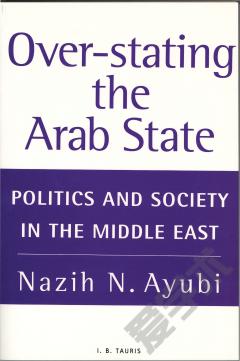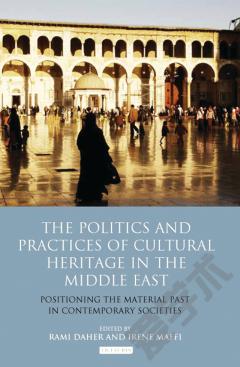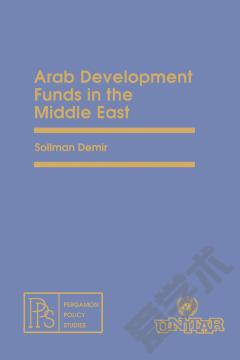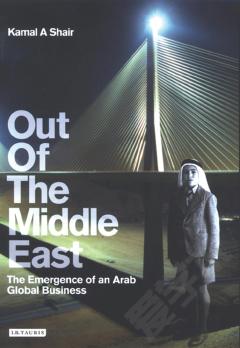The Politics of National Celebrations in the Arab Middle East
Why do countries celebrate defining religious moments or significant events in their history, and how and why do their leaders select certain events for commemoration and not others? This book is the first systematic study of the role of celebrations and public holidays in the Arab Middle East from the fall of the Ottoman Empire to the present. By tracing the history of the modern nation-state through successive generations, the book shows how Arab rulers have used public holidays as a means of establishing their legitimacy and, more broadly, a sense of national identity. Most recently, some states have attempted to nationalize religious festivals in the face of the Islamic revival. With its many illustrations and copious examples from across the region, the book offers an alternative perspective on the history and politics of the Middle East.
{{comment.content}}








 京公网安备 11010802027623号
京公网安备 11010802027623号